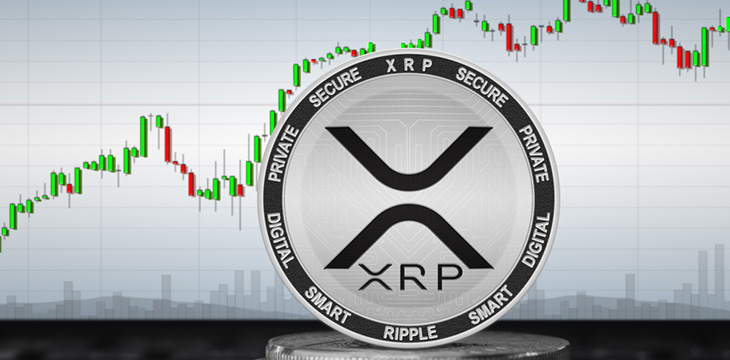|
Getting your Trinity Audio player ready...
|
The world’s largest blockchain advocacy and trade group wants to weigh in on the U.S. Securities and Exchange Commission (SEC)’s lawsuit against Ripple. The Chamber of Digital Commerce filed a motion for leave to file an amicus curiae brief, claiming that while it can’t determine if XRP is a security, regulators need to be clear and consistent with their application of legal frameworks.
Today @digitalchamber submitted an amicus brief in the matter of @SECGov v. @Ripple laying out the applicable legal precedent for initial offerings of #digitalassets.
You can read the brief here:https://t.co/SfpB6TzQV6
— The Digital Chamber (@DigitalChamber) September 14, 2022
Filed this week at the Southern District of New York, the Chamber’s brief steered clear of rendering support for either the SEC or Ripple. Instead, it focused on what this case means to the broader ecosystem and how it could set a precedent for future legal battles.
Digital asset lawyer Lilya Tessler of Sidley Austin LLP, who advised the Chamber and filed the motion, made it clear that “the Chamber does not have a view on whether the offer and sale of XRP is a securities transaction.”
However, the group wants the legal framework that regulators apply to digital assets underlying an investment contract to be “clear and consistent. Maintaining this distinction is critical to developing a predictable legal environment through a technology-neutral precedent, which this court has the power to do.”
While steering clear of siding with Ripple, the Chamber’s filing concludes that the subject of an investment contract should be evaluated separately from the contract itself. In this case, XRP should be assessed on its own merits, not as part of the investment contract it was issued under by Ripple.
“It cannot be that an asset that is the subject of an investment contract will forever embody the investment contract itself. Otherwise, purchases of certain casks of whisky, families of beavers, and orange trees would be subject to the securities laws, which has never been the case under the existing precedent,” the filing argues.
With this, the Chamber argues that while XRP may have initially been sold under an investment contract, which made it a security, subsequent sales on the secondary market, such as on exchanges, would not amount to securities sales.
This reasoning, if followed by the court, would mean that Chris Larsen and his Ripple collective violated securities laws, but XRP investors today are in the clear.
Tessler, the lawyer who filed the brief, reiterated this argument in an interview. She claimed that the underlying asset isn’t subject to the same Howey test applied to the investment contract itself.
“In Howey, there was oranges. In today’s world, those are digital assets,” she said, referring to John Howey, a Florida citrus farmer whose 1946 Supreme Court case set a precedent for securities regulations.
Today at the #CryptoConundrum: A Conversation, we spoke with @LilyaTessler from @SidleyLaw the law firm which filed the amicus brief Ripple v. SEC. on @DigitalChamber's behalf.
Stay tuned for more. We'll be releasing clips from the conversation in the upcoming days! pic.twitter.com/FEOm7cahcx
— The Digital Chamber (@DigitalChamber) September 15, 2022
The long-running SEC v Ripple case has slowed down in recent months. Of late, the two parties have been battling on whether XRP investors should be allowed in court and the Hinman speech, which the SEC has sought to protect under attorney-client privilege.
Follow CoinGeek’s Crypto Crime Cartel series, which delves into the stream of groups from BitMEX to Binance, Bitcoin.com, Blockstream, ShapeShift, Coinbase, Ripple,
Ethereum, FTX and Tether—who have co-opted the digital asset revolution and turned the industry into a minefield for naïve (and even experienced) players in the market.

 02-18-2026
02-18-2026 




